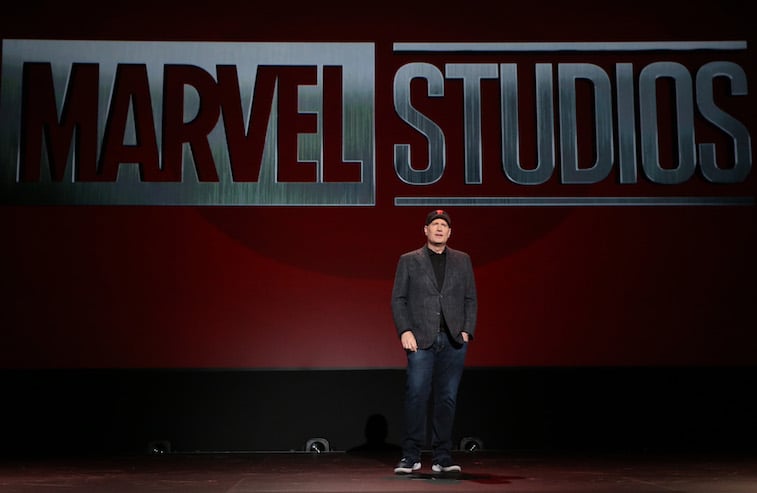There’s No Such Thing as ‘Comic Accurate’ in the MCU, According to Fans
Many times, when something odd happens in a comic book movie or in the Marvel Cinematic Universe, it’s defenders will say, “That’s how it is in the comics.” But on the other side of the page, when a superhero movie does something fans don’t like, a fan will say, “They should have kept it like it was in the comics.”
In other words, it’s the same thing that happens whenever Hollywood adapts a work of literature, be it To Kill a Mockingbird or the Dark Phoenix saga. Because the printed page and the movie screen are not the same, changes are inevitable, necessary even. And there will always be someone who will object.
What do fans say about MCU movies vs. comics?

As is often the case with comics arguments, the comics vs. movies debate came up on Reddit, with the original poster stating, “I don’t think the quality of MCU movies should be judged on how similar they are to the comics … My philosophy is more along the lines of, if they drastically change a storyline or character from the source material, and it’s great, then I’m all for it. I just wanna see other opinions on this.”
A number of other people actually agreed, with one person stating, “I never understood the ‘comic accurate’ argument when it comes to film. Once it’s off the page, it’s an adaptation so changes are inevitable.”
Another person concurred with that specific point, saying “So many people are hung up on the films being ‘comic accurate’ that they can’t enjoy a variation that might actually be better than the original.”
That said, some people differed, with one person arguing that if something great in the comics is changed to something less effective, then the change was pointless. In other words, it’s not that a change was done, it was how it was done. The stereotype of fans is that they’re a rabid bunch that will howl in protest if you dare change the sacred text of Stan Lee or the sacred images of Jack Kirby.
Adaptation effects everything, even costumes
Fans have pointed out that the costumes in superhero movies are not accurate to the comics. Whereas the Spider-Man movies of the 2000s had a costume that was faithful to the comics, the tendency nowadays is to make a getup that’s hipper and edgier that kids today won’t consider goofy.
Take Scarlet Witch. In the comics, she wore a bright red pointed headdress that most women wouldn’t wear unless they were going to a costume party. So instead, Elizabeth Olsen gets a sleek, flowing red jacket. Now that previews of the upcoming Disney+ show WandaVision show Olsen in a comics-accurate headdress, fans go into analysis trying to figure out what it all means. Most fans are guessing that comics-accurate costume is a fantasy sequence.
On Reddit, fans brought up Spider-Man as an example. One fan said adding a lot of high-tech Tony Stark tools to his costume isn’t really true to a typically low-tech character.
However you adapt or change something, it has to ring true, even if not what was on the page.
How ‘wrong’ is a movie if they make changes?
This debate was distilled in, of all places, the comic strip Fox Trot by Bill Amend. That strip included a preteen character named Jason who was unto all things uber-geeky like superheroes and the Lord of the Rings.
When the Rings movies were about to made, director Peter Jackson appeared in the comic as Jason and his friend Marcus tried to play Frodo and Sam. At one point, they ask Jackson a question.
Jason: Mr. director, sir? About this script .. it leaves some things out.
Jackson: Boys, The Lord of the Rings is over 1,000 pages long. If we tried to include every tiny detail, we’d end up with a 40-hour film. Who wants that?
Marcus: Figures our mouths would be too full of drool to answer.
At the end of the day, fans will always complain about changes, no matter how well earned or how well-intentioned. Even as visual effects make it more feasible to visualize fantastical characters and plots, there will always be a push to ground a fantasy/superhero movie in the real world somehow.
That push/pull will always continue unless and until virtual reality lets a consumer create exactly the experience they want. We’re getting closer, but for better or worse, we’re not there. The only thing constant is change.


